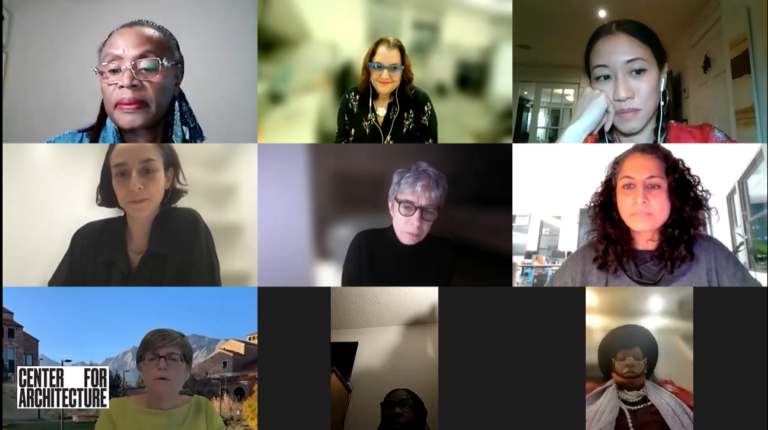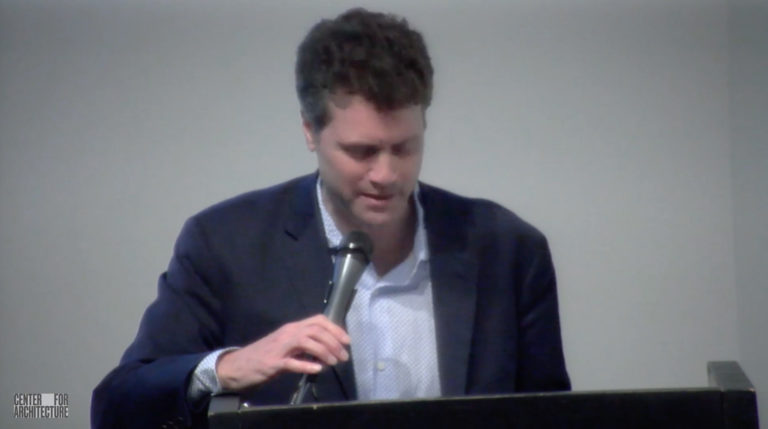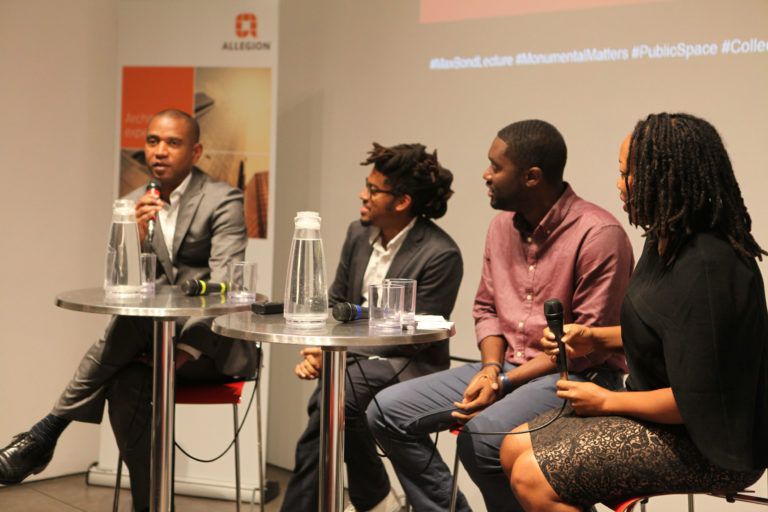Societal attitudes toward public spaces have long been plagued by binary thinking: is this space good or bad, safe or seedy, masculine or feminine? These reductionist framings often create inequalities, impacting access to resources and funding and perpetuating stigma. Today, too many people still find themselves marginalized due to the enduring legacy of oppressive forces that have shaped public spaces. Inclusive design offers a powerful tool for disrupting these patterns in the context of gender identity and expressions of sexuality, shifting structures and systems from exclusionary and disengaging to welcoming and even celebratory of diversity.
This event will examine the role architecture and design can play in creating more just public spaces for everyone by leveraging data, research, and informed collaboration. Our discussion will dive into the following questions:
- At what point does public space become hostile to certain gender and sexual identities?
- How can reviewing existing data help us to understand gaps and opportunities around advocating for positive change?
- What must happen behind the scenes and via educational initiatives to move this work forward and push for more equitable and inclusive public spaces?
Brittni Collins, Assistant Director, Times Square Arts
Jennifer Gardner, Design Strategist, The Lab at OPM
Victor Gonzalez, Vice President, AIAS at the University of Colorado Boulder
A.L. Hu, AIA, NCARB, NOMA, EcoDistricts AP, Design Initiatives Manager, Ascendant Neighborhood Development
Amy Rosen, Sociospatial Designer, Plastarc


